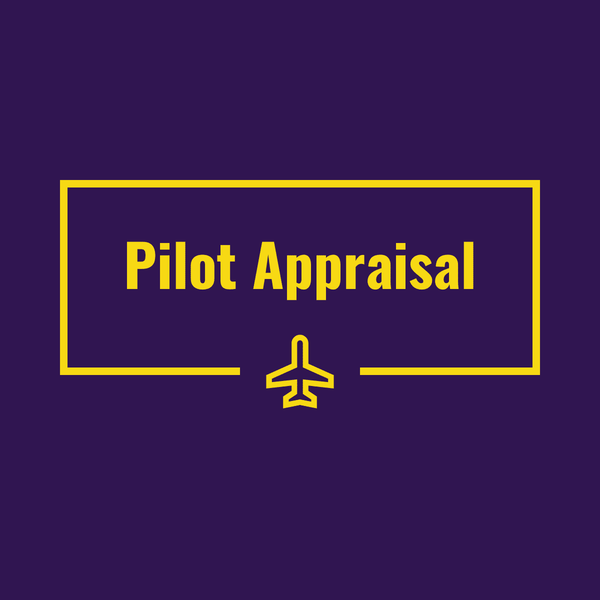Estate Planning
Introducing Pilot Appraisal: Your Trusted Partner in Estate Valuation and Planning.
Dealing with the loss of a loved one is never easy, and when it comes to settling their estate, the process can become even more challenging. At Pilot Appraisal, we understand the emotional toll this period can take on individuals, and that's why we're here to offer our expert assistance to guide you through the journey ahead.
If you find yourself as the inheritor of your loved one's property, it becomes crucial to obtain a professional appraisal for tax assessment purposes. Time is of the essence, as IRS reporting standards demand prompt action. Estate appraisals are typically ordered within two to twelve months after the original owner's passing.
We recognize that there are several reasons why estate appraisals are essential, and we're prepared to support you in every scenario:
- Equitable Distribution: In cases where there are multiple heirs, a comprehensive property appraisal is necessary to ensure a fair and equal division.
- Estate Tax: The value of the estate property must be appraised upon the date of death, especially if the overall estate surpasses the value threshold.
- Establishing a Basis: This appraisal is conducted before death to set a benchmark for the property's future selling price.
- Probate Appraisal: A court-mandated requirement, this appraisal serves to assess and document the assets within the estate.
- Estate Planning: As a property owner, planning ahead for the distribution, donation, and taxation of your estate is crucial, and an appraisal plays a vital role in this process.
- Trust Inventory: Being a part of a well-established trust involves setting an established value for your property through a trust inventory.
Understanding the fair market value (FMV) of a property is of utmost importance in any appraisal. FMV represents the estimated value of a property based on the buyer's and seller's knowledge, willingness, and assessment in an unpressured market. However, determining FMV can be subjective, considering various factors such as time, location, market precedents, and the buyer's and seller's assessment principles.
The selling price of a property often reflects a reasonable fair market value, and we follow specific criteria during the estate planning, valuation, and selling process, including:
- The date of sale in the open market.
- Relevant facts known to both buyer and seller.
- The sale taking place between two unrelated parties.
- No significant market changes between the sale date, purchase date, or valuation date.
Settling an estate or forming a trust can indeed be complex tasks, and accurately valuing the associated properties is a critical aspect of the process. Whether you need an estate appraisal, probate appraisal, or trust appraisal, our experts will provide the property's current market value or its retrospective value as of a specific prior date (e.g., date of death) to determine the tax basis.
With Pilot Appraisal, you can rest assured that you'll receive a precise valuation of your property. Our appraisers will thoroughly analyze all relevant factors, including recent area listed prices, selling prices of comparable properties, replacement costs, expert opinions, and the date of ownership or inheritance.
Don't hesitate to reach out to us today for a complimentary detailed quote. Call us at 586-531-1655, and let us work together to establish your property's value and help you navigate any tax implications related to inheritance. Trust Pilot Appraisal for professional expertise and compassionate support during this challenging time.
